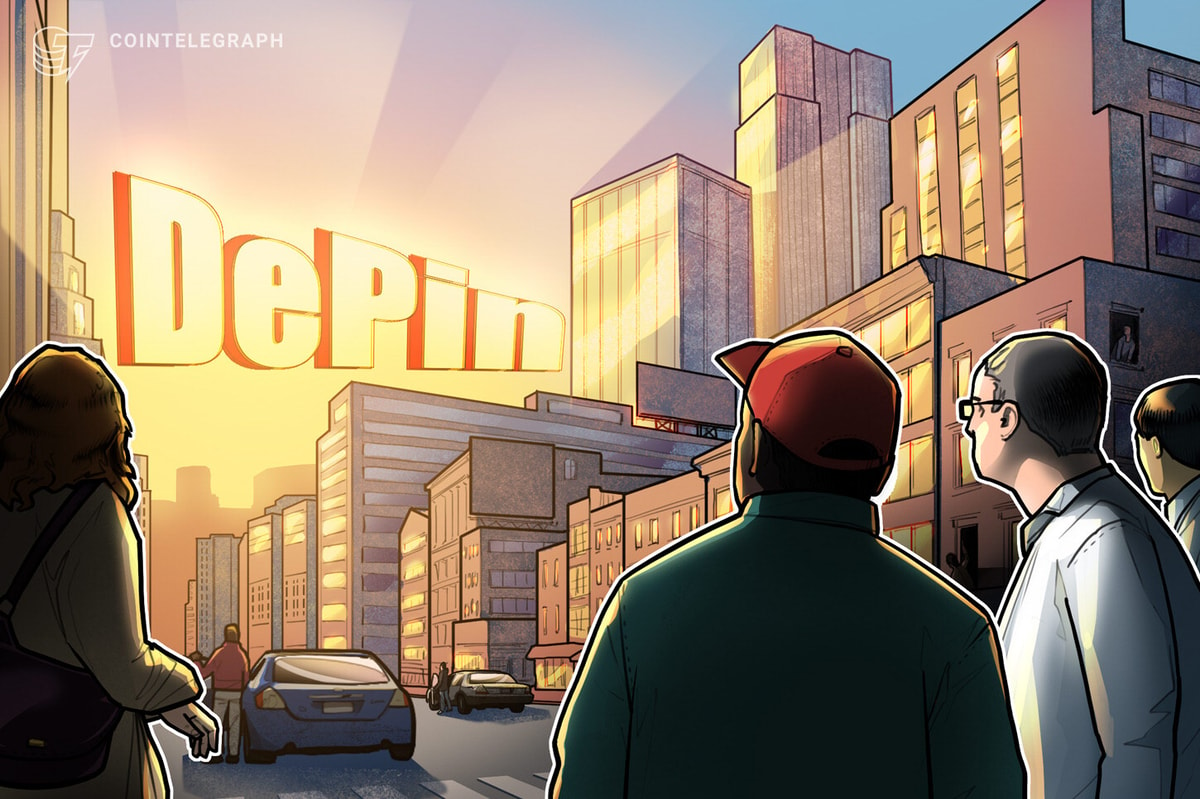The Binance-founded blockchain has introduced a new layer-2 chain opBNB, though some suggest there are other ways to scale the network.
News
Binance-founded layer-1 blockchain BNB Chain has introduced a new layer-2 chain that it hopes will address its “scalability challenge.”
On June 19, BNB Chain unveiled opBNB, which has launched as a testnet. The new layer-2 scaling solution is based on the Optimism OP Stack, which it says will add additional security and scalability to the Binance blockchain network.
The system is an Ethereum Virtual Machine (EVM) compatible layer-2 chain, which means it works with Ethereum-based smart contracts, networks and ERC-20 token standards.
Blockchains are often plagued by network congestion and high fees during times of increased network demand. BNB Chain currently claims around 2,000 transactions per second with transaction costs of around $0.10.
According to the announcement, opBNB can support over 4,000 transfer transactions per second at an average transaction cost lower than $0.005.
As blockchain technology continues to evolve, scalability remains a critical challenge.
But fear not! Enter opBNB, a game-changing Layer 2 scaling solution designed to overcome the limitations of Layer 1 (L1) networks.
Let’s discuss opBNB below https://t.co/irYn1OPtfQ
— BNB Chain (@BNBCHAIN) June 19, 2023
Furthermore, opBNB also allows for the optimization of data accessibility, the caching layer, and adjusting the submission process algorithm to allow simultaneous operations, it noted. This allows it to increase the gas limit to 100 million per block from the 30 million that Optimism allows.
In a statement, Binance called opBNB its “answer to the scalability challenge that has limited the mass adoption of blockchain technology.”
Optimism uses Optimistic Rollups to scale transactions by automatically assuming the transaction data, which is processed off the root chain, is valid until proven otherwise.
Additionally, the RPC (remote procedure call) service layer simplifies the integration process by offering a user-friendly interface, it noted.
This allows developers to “focus on building applications without worrying about the complexities of Layer 2 scaling,” it added.
We’re already seeing the first wave of development on opBNB – who’s next? https://t.co/NnYmmMTP5Q
— BNB Chain (@BNBCHAIN) June 19, 2023
Cinneamhain Ventures partner Adam Cochran was among some of those skeptical of the development, commenting that BNB Chain had scaling issues “because they centralized an Ethereum fork and turned up the gas limit to an unsafe level.”
He added that launching an Optimism fork “made no sense” since there were other options, such as joining Optimism as a “superchain,” or becoming a layer-2 directly on Ethereum, or even a layer-3 on Optimism or Arbitrum.
Related: Optimism successfully completes ‘Bedrock’ hard fork, reducing deposit times, layer-1 fees
According to DefiLlama, BNB Chain is the third largest blockchain, behind Ethereum and Tron, in terms of DeFi total value locked. It has a TVL of $3.38 billion, a 24-hour volume of $264 million, and around a million active daily users.
Magazine: Here’s how Ethereum’s ZK-rollups can become interoperable







